Write your awesome label here.
Gratitude Explained: What It Really Means
Gratitude is more than just saying “thank you.” It’s the act of intentionally noticing and appreciating the good in your life. When you practice gratitude, you shift your focus away from what you lack and start tuning into what’s already here.
This mindset shift doesn’t just make you feel good in the moment, it has real benefits. Practicing gratitude can lower stress and anxiety, improve sleep and mood, strengthen relationships, and build emotional resilience.And this helps you feel more fulfilled and grounded on a daily basis.
The Psychology Behind Gratitude and Why It Works
Your brain is designed to notice danger. This is known as the negativity bias. It’s what kept our ancestors alive, but in today’s world, it often keeps us stuck. You could get ten compliments in a day, but it’s that one piece of negative feedback that lingers in your mind. Does that sound familiar?
This is where the Baader-Meinhof phenomenon, also known as the frequency illusion, comes in. When you start focusing on something new (like gratitude), your brain begins to notice it more. It’s not that the world has changed, it’s that your attention has shifted. You’re intentionally tuning your brain to filter for what you’ve told it is important.
That means if you train your brain to notice the good, it will begin doing that automatically. You start seeing more reasons to be grateful, which leads to feeling more grateful. That’s how you start to rewire your brain.
The Neuroscience of Gratitude: How It Rewires Your Brain
Now here’s the science behind practicing gratitude. Your brain is constantly changing and adapting. This is called neuroplasticity, and it’s the foundation of learning, growing, and healing.
Every time you repeat a thought or an action, you strengthen the neural pathways related to it. You can think of it like hiking a trail. The more people walk the same path, the more defined it becomes. And your thoughts work the same way.
When you practice gratitude consistently, the pathways for noticing the positives in your life become stronger. That’s why it’s important to make it a habit, instead of something you just do once in a while. Repetition is how you rewire your brain for happiness.
Keeping a Gratitude Journal
(The Simple Daily Habit)
If you’re wondering where to start, let me share the daily practice that has changed my life.
I started keeping a gratitude journal. Every morning (or night), I’d write down five things I am grateful for. And the simple prompt for me is: “I am grateful for [fill in the blank]”. This looks like:
- I am grateful for clean drinking water
- I am grateful to have food
- I am grateful for shelter
- I am grateful I have a bed to sleep on
- I am grateful for sunlight
Now the list I just shared might seem minor, but they are the things that actually make up the bulk of your experience. One thing I've realized is that it’s crucial to show gratitude for the small stuff, the things that are minute and often taken for granted. Don’t get me wrong, it’s great to feel gratitude for the big events like getting promoted, going on vacation, or attending a concert you’ve been highly anticipating. But it’s the small things in our daily life that actually make up most of our time. So if you’re only grateful when big things happen, you’re robbing yourself of the chance to feel grateful every day.
When you practice gratitude regularly, your brain starts filtering for the good. You’ll find yourself noticing positive moments more and more often. Over time, this builds a mindset of abundance instead of scarcity. It helps you stay grounded, even when things aren’t perfect.
What Gratitude Has Taught Me
Here’s the biggest lesson I’ve learned: practicing gratitude doesn’t mean you ignore the hard stuff. It means you also make space to appreciate what’s already working. And that shift in attention can completely change your life.
Even if you’re not exactly where you want to be in life, there are still plenty of things you can find to be grateful for. And the keyword there is “find ” because the act of scanning for things to be grateful for ends up bringing a new sense of awareness that strengthens over time. It’s really about choosing to see the “glass half-full” instead of viewing it from a lens of lack.
Your Attention Shapes Your Reality
Your brain is like a filter. What you tell it to notice, it will amplify. That’s why choosing to practice gratitude isn’t just a feel-good exercise, it’s a form of mental training.
The more you appreciate what you have, the more you’ll find to be grateful for. It creates a feedback loop that improves your mental well-being, boosts emotional resilience, and helps you build a more fulfilling life.
If you want to change your life, start by changing your focus.
So here’s a challenge for you. Tonight, before you sleep, write down five things you’re grateful for. Do it again tomorrow. And the next day. Watch what starts to happen. You might just begin to see the world through a fresh perspective.
With Gratitude,
Dexter Lam

Do you want to level up and change your life Trajectory?
We're launching our course on Self-Awareness
Thank you!

